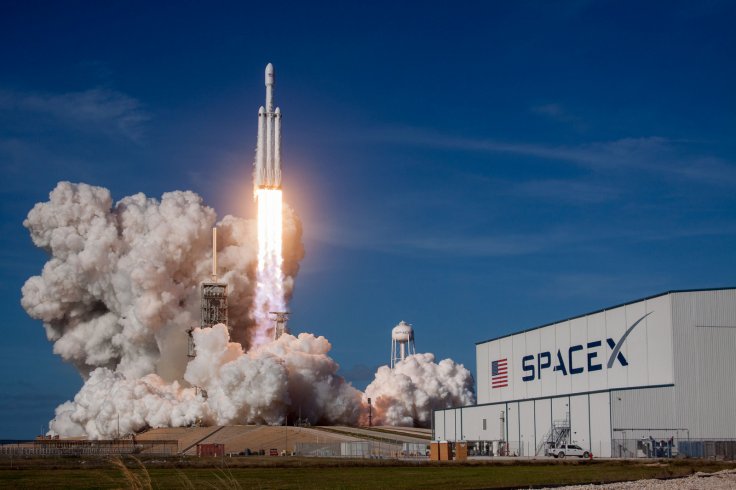Elon Musk's SpaceX Starship, which lifted off its launchpad in South Texas on Thursday exploded over the Gulf of Mexico shortly after the launch. However, the most powerful rocket ever built that was on its historic flight was in the air for only a little over four minutes. The super heavy rocket with 24 engines exploded after reaching only a eight of 24.2 miles (39 kilometers) above the ground.
"As if the flight test was not exciting enough, Starship experienced a rapid unscheduled disassembly before stage separation," SpaceX said in a tweet. The space company said it will continue to 'review data and work toward our next flight test'.
Super Heavy Rocket
SpaceX's plan was to bring the Super Heavy rocket back to Earth in the Gulf of Mexico afte eight minutes of flight. The Starship was supposed to reach a maximum altitude of 145 miles before trying a reentry to earth and finally splashing down in the Pacific Ocean.

"The vehicle experienced multiple engines out during the flight test, lost altitude, and began to tumble ... The flight termination system was commanded on both the booster and ship," SpaceX added.
FAA Response
Meanwhile, the Federal Aviation Administration said no injuries or public property damage have been reported following the crash. "An anomaly occurred during the ascent and prior to stage separation resulting in a loss of the vehicle. No injuries or public property damage have been reported," FAA said.
"The FAA will oversee the mishap investigation of the Starship / Super Heavy test mission. A return to flight of the Starship / Super Heavy vehicle is based on the FAA determining that any system, process, or procedure related to the mishap does not affect public safety. This is standard practice for all mishap investigations," the agency added in a statement.

Ambitious Project
SpaceX's ambitious test mission is an important milestone in Elon Musk's dream to send humans to the moon and eventually to other planets. SpaceX has already signed a contract with NASA to take astronauts to the moon's surface on Starship as part of the Artemis program.
"It is the first launch of a very complicated rocket. We are going to be very careful, and if we see anything that gives us concern, we will postpone the launch. In case we launch, I would consider anything that does not destroy the launch pad itself to be a win," Musk said during the Twitter Space event.
Mars, Here We Come, Says Musk
Elon Musk said the launch was exciting and congratulated the SpaceX team. He said the team learned a lot for the next test launch, which would take place in a few months. "I don't want to jinx it, but I think we are highly likely to reach orbit this year and recover the booster and ship, if not this year, certainly next year. Mars, here we come!" Musk added.
"With a test like this, success comes from what we learn, and today's test will help us improve Starship's reliability as SpaceX seeks to make life multi-planetary," SpaceX tweeted.









